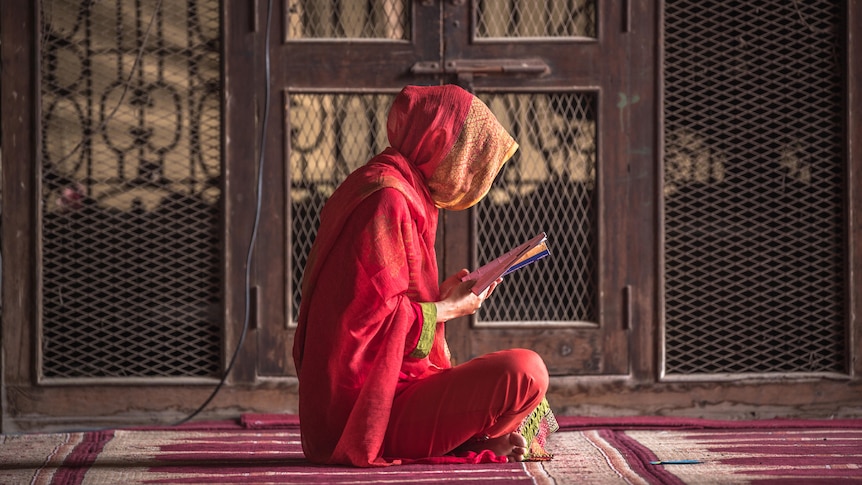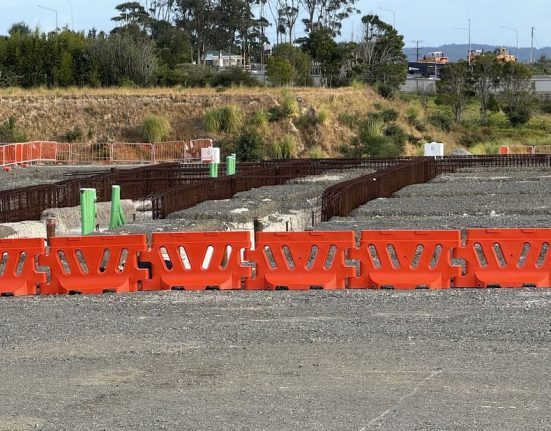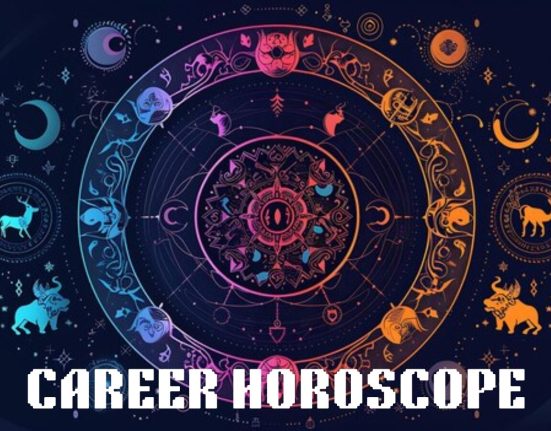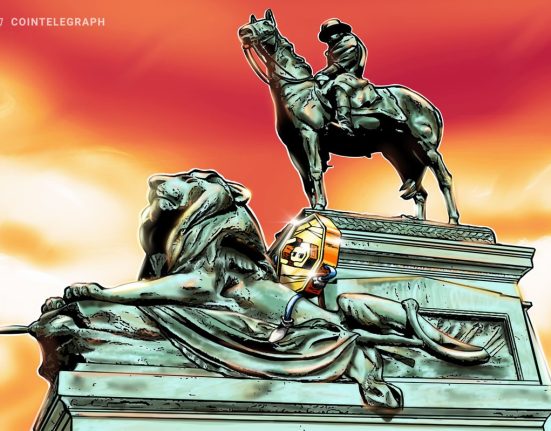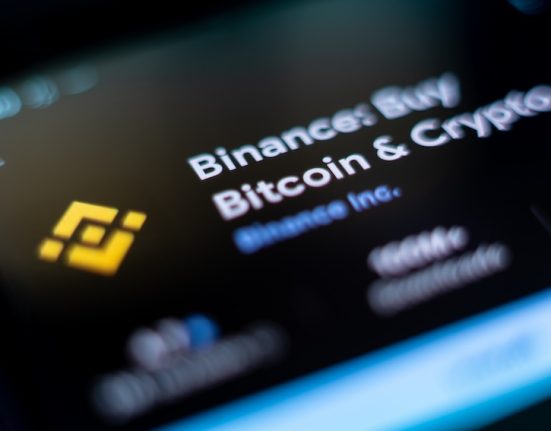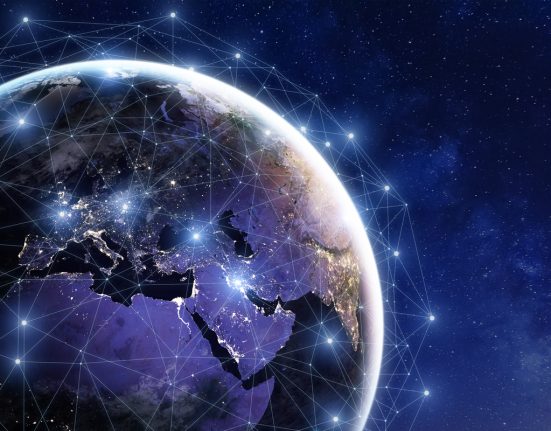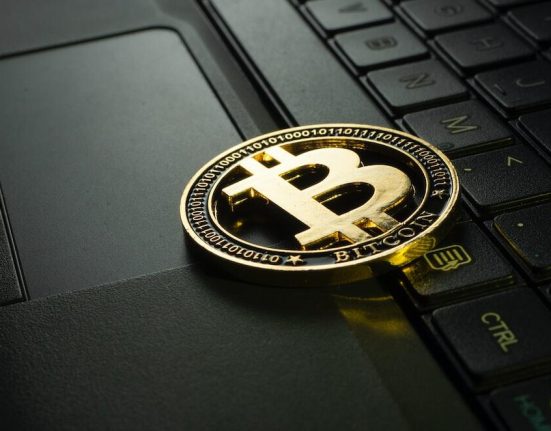I recently returned from a research trip to Lahore, Pakistan. Despite having visited the city several times before, every time I step out of Allama Iqbal International Airport, I’m still taken aback by the crowds waiting to receive their loved ones with bouquets, wide smiles and warm hugs in the arrivals section. The air feels different. The global air quality rankings tell me that Lahore is one of the most polluted cities in the world — and yet there’s something strangely romantic and warm about the haze that lingers in the air.
As we drive to our accommodation, I look out the window and see families living in makeshift tents stitched together from rags, struggling against the heat and pollution. Suddenly, a loud knock on the car window pulls me out of my thoughts. A five-year-old boy asks if I’d like to buy some socks. Meanwhile, my own five-year-old son sits next to me, busy playing on his iPad. It reminds me of Neill Blomkamp’s 2013 dystopian film Elysium, except the separation between those who live in comfort and those who are left behind is no longer a plot I’m watching from the safety of my couch. It’s right in front of me, playing out in plain sight. The contrast overwhelms me. That familiar feeling returns — deep sadness and the stirring of the soul, as if something within me is being awakened to a deeper truth.
As we continue to drive to our accommodation, a rickshaw passes us by, its loudspeaker playing a punjabi qawwali (devotional poetry) I instantly recognise and deeply resonate with: Bullah ki jaana main kaun, (“Bullah, to me, I know not who I am”). In fact, I’ve always struggled with answering the question, “Where are you from?” I was born in Canada, have lived in Australia for most of my life, and attended high school in three different countries in the Middle East.
But I have Pakistani heritage. My parents were born in Pakistan and taught me to speak Urdu, so I speak the language fluently, wear shalwar kameez, watch Pakistani television shows and follow Pakistani news.
Why positionality is important
This isn’t my first encounter with Pakistan, I was also five years old when my parents took me to their hometown, Multan — a city known in Urdu by the saying gard, garmi, gadaa, goristan, which can be translated as “dust, heat, beggars, graveyards” (particularly those of Sufi saints). Even at that age, something about the city felt both overwhelming and sacred. I wonder whether this experience played a big part in my own religious journey towards Sufism and reflect on the role that genetics and family histories play on our personal identities.
The truth is that my Pakistani heritage plays a huge part in the way I live my life — personally and professionally. In my role as an academic, the questions that are always at the back of my mind, whether I’m teaching students or conducting research, are: To what extent is this topic influenced by history, colonialism and globalisation? And: to what extent does my positionality, shaped by my social, cultural and geographic location in the world, as well as factors such as race, class, education and national identity, affect the way I engage with the subject matter? As someone who has lived in Australia my entire life, I’m also conscious of the risk of adopting an orientalist or elitist lens, even unintentionally.
This awareness of positionality is particularly important to me because the land my ancestors belong to, Pakistan, has been deeply affected by colonialism and war. Pakistan’s governance system remains heavily influenced by its colonial legacy, with many institutional structures and legal frameworks tracing back to British rule. Moreover, its longstanding conflict with India over Kashmir is often attributed to the hasty and poorly planned partition process orchestrated by the British government in 1947, which left unresolved territorial and political tensions.
Pakistan is repeatedly compelled to take loans from international institutions such as the International Monetary Fund (IMF) under stringent conditions that ultimately affect the domestic economy and disproportionately harm those on the lower end of the socio-economic spectrum. For these reasons, I strongly believe that one of the main reasons Pakistan’s economy and its people are struggling today is due to the long-term consequences of imperialism and the unequal global distribution of resources, which continue to favour the so-called “First World”. Sadly, that includes Australia, the country I call home.
This is why positionality is important, as it should ideally allow one to remain critically engaged with the privileges one holds as a researcher and educator in the Global North, while striving to produce work that is accountable, historically grounded and ethically aware.
The complexity of financial decisions for Pakistani Muslim women
My identity has, without a doubt, shaped the way I approach my research on religion and law — focusing on Islamic and international legal frameworks and their effects on the Muslim community.
For example, recently I have been researching the intersection between law and Islamic finance in Australia, specifically examining whether Islamic financial products, such as waqf or charitable trusts, can empower Muslim women in Australia. My Australian research, coupled with conversations I’ve had with members of various financial and non-profit organisations — such as Awqaf Australia — have often focused on the financial landscape, with particular emphasis on ensuring compliance with Islamic principles, seeking halal investment options, avoiding interest-bearing accounts and considering the ethical implications of financial decisions.
I decided to expand this research to Pakistan. So, on this recent research trip, I visited a rural town outside Lahore, where my family had organised a free medical camp for local residents. There, I witnessed firsthand the challenges women face in accessing basic healthcare and medication due to financial hardship. I had also expected to find a society where Islamic finance was deeply embedded in daily economic life, especially given the Pakistani government’s goal to establish a fully interest-free banking system by 2027. However, I quickly realised that while the desire for Sharia-compliant financial practices was widespread, knowledge of how to implement them remained fragmented. Women navigated financial decisions within a complex web of family hierarchies, gender roles and limited access to formal banking. This, once again, brought me back to the question I raised earlier: How have history, colonialism and globalisation shaped Islamic finance and its consequences for women?
Muslim women in Pakistan prefer Islamic investments over conventional ones, yet their understanding was often shaped by word-of-mouth rather than formal financial literacy. Some believed that simply depositing money into an Islamic bank made it halal (permissible), without knowing whether the investment mechanisms adhered to Sharia principles such as mudarabah (profit-sharing), murabaha (cost-plus financing) or takaful (Islamic insurance). Others made decisions based on convenience and deposited their money in the nearest bank without questioning whether it was conventional or Islamic. Intersectional challenges such as social practices, cultural ideologies, power dynamics and structural inequities all played large roles in the way that women in Pakistan approached Islamic finance.
Want the best of Religion & Ethics delivered to your mailbox?
Sign up for our weekly newsletter.
This forced me to question how my own background as a Pakistani Muslim woman in Australia had shaped my assumptions about financial agency. For Muslim women in Australia, “choosing” Islamic finance over conventional banking is often primarily driven by religious and financial considerations. In contrast, in a society like Pakistan, the socio-political factors that affect women’s financial agency — such as economic inequality, social expectations, family pressures and access to financial resources — are as, if not more, prevalent than religious or financial motivations. In Lahore, financial literacy was not just about knowing what is permissible or impermissible within Islam, it was about navigating deeply entrenched economic and social structures. I’m not saying that such challenges don’t exist in Australia at all, but the different economic realities and historical trajectories in Pakistan and Australia cannot be ignored.
For example, I observed that in Lahore society was divided according to socio-economic status. Many women worked as domestic workers which revealed complex dynamics of women’s financial agency. Though many were the primary earners in their families, some remained financially vulnerable, often avoiding formal banking due to fears of male control. Some hid savings in cash or gold, while others joined informal rotating savings groups (committees) to maintain autonomy. These behaviours were also sometimes shaped by family expectations, with unmarried women deferring to fathers and married women expected to surrender financial decisions to husbands.
The well-known concept of intersectionality, coined by Kimberlé Crenshaw, helps illuminate how women’s financial experiences are shaped not just by gender, but by the interplay of class, family roles and cultural norms. In this context, microfinance emerges as a double-edged sword. While it offers women pathways to income and modest empowerment, critics argue it can reinforce existing inequalities and shift economic responsibility onto women without challenging deeper structural barriers. On the other hand, in the Pakistani setting, even small financial choices — like saving in secret or joining a committee — reflect meaningful acts of agency within these intersectional constraints.
The complexity of financial decision-making extended beyond personal finances; it was deeply interwoven with extended family obligations. Many women not only managed their immediate household’s needs, but were also expected to support siblings, parents and in-laws, often at significant personal cost. While this could be seen as a lack of financial agency, it can also be interpreted as a conscious prioritisation of collective responsibility over individual gain — a value that challenges the individualism embedded in capitalist and many Western feminism worldviews.
“Not just to understand the world, but to change it”
In my view, there are no easy answers, only competing perspectives. Many Islamic microfinance initiatives — such as awqaf (charitable trusts), qard hasan (interest-free loans) and models inspired by Muhammad Yunus’s work in Bangladesh — have genuinely aimed to empower Muslim women and, in many cases, they have succeeded. Yet critics argue that some microfinance models have failed, trapping women in cycles of debt and failing to address deeper structural inequalities and systemic discrimination.
Similarly, while proponents of Islamic finance see it as an ethical system rooted in Islamic principles that avoids interest and its associated injustices, others contend it replicates the very capitalist structures it seeks to resist. Introduced in postcolonial contexts, they argue, Islamic finance can mirror mainstream financial services, prioritising profit in ways that reinforce global inequalities. This tension reflects my own lived experience of navigating two worlds divided by stark economic and ideological lines.
In fact, just as I was beginning to write this article Pakistan had come under bombardment and its airports had been closed. In addition to enduring scarcity, economic instability and political turmoil, it is now also grappling with war and conflict. I do believe that in the face of such global injustices, the only thing we can truly control is our own response. But what lies within our control? We can begin by educating ourselves and others about the structural forces — history, colonialism, globalisation — that shape our understanding of the world. We must also reflect critically on how our positionality — shaped by social, cultural and geographic contexts, as well as race, class, education and national identity — influences our engagement with these challenges.
Yet, for many in the diaspora, a persistent question remains: to what extent are we willing to move beyond the comfort of our lives to make a meaningful difference on the ground? Perhaps that is why every trip back to Pakistan, greeted by warm embraces and the thick, hazy air, feels so profoundly disorienting yet grounding. For it reminds me that, while I may move between worlds, the real challenge lies in what I choose to do with the knowledge and privilege those worlds afford me.
Maria Bhatti is a Senior Lecturer in the School of Law at Western Sydney University.
Posted , updated

